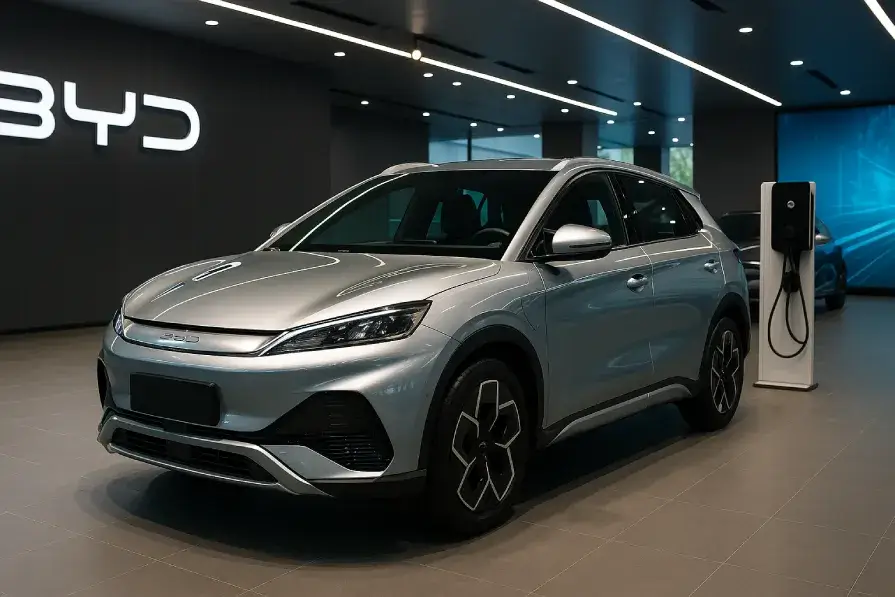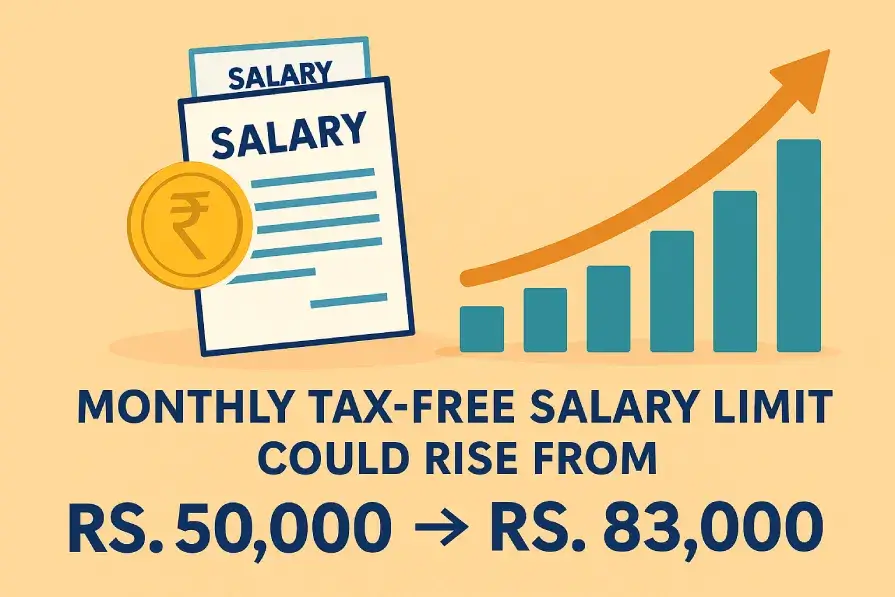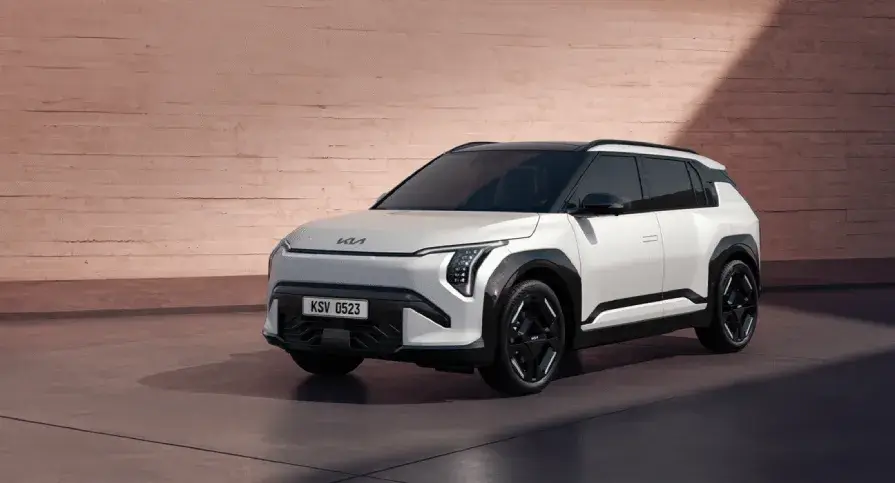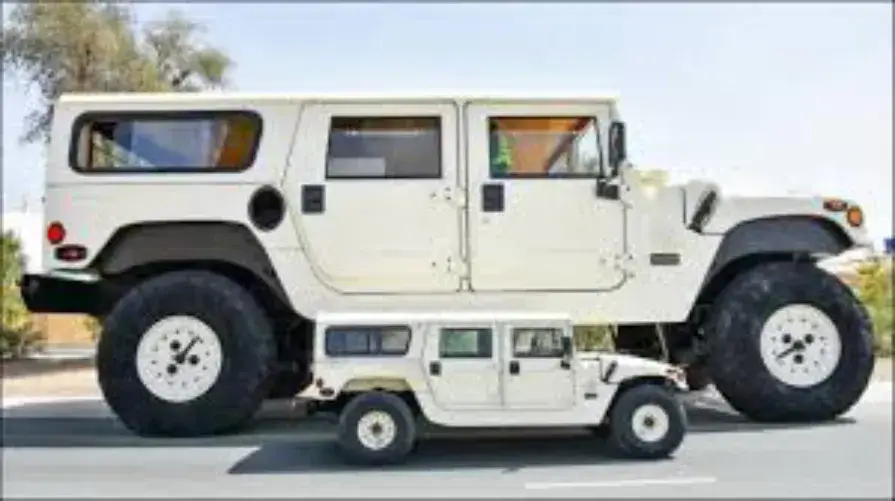BYD Opposes Import of 5-Year-Old Used Cars in Pakistan to Safeguard Clean Energy Goals

BYD has openly opposed Pakistan’s idea to allow the import of older used vehicles. Such a decision, the company says, would harm the local car industry, make the country rely on more diesel, and slow the movement toward cleaner energy.
Recently, Danish Khaliq, who is Vice President at BYD, talked about how allowing cars that use a lot of fuel and are badly worn is a problem for Pakistan’s market.
Why BYD Opposes Used Car Imports
Universities for Youth Development are most concerned about the lasting effects of importing old vehicles. Khaliq said that it is common for previous-generation cars to be priced up to 60% below what new vehicles go for. Though this can save money for buyers at the moment, it could damage the future of local factories that are already spending a lot on up-to-date products and sites.
Above all, old vehicles use a lot more fuel and cause more emissions, which likely leads to increased fuel imports. Since Pakistan’s environment and economy are already highly strained, such a measure might damage the country’s move toward clean energy.
Learn More: Babusar Top Sees Snowfall in May 2025 — Feels Like January in Early Summer
Environmental and Industrial Setbacks
He said that age and the type of fuel can make cars directly responsible for pollution in big cities. PLASPRO said this new policy could hinder Pakistan’s efforts towards a greener future. With NEVs, such as electric and hybrid vehicles, China can both use less fuel and reduce foreign currency spent on oil imports.
In addition, letting too many used cars in makes it clear to international investors that renewable and clean technologies are not necessary. BYD warned that foreign direct investment (FDI) in Pakistan’s auto sector could decrease if people think there are too many outdated and polluting vehicles on the roads.
Risk to Local EV Initiatives
There hasn’t been a strong EV market in Pakistan yet. Both area-based assemblies and international firms such as BYD are starting to provide eco-friendly automotive options in Pakistan. Bringing in old, low-cost, fuel-based cars can significantly affect these efforts and may stop innovations and changes in technology.
Too many used internal combustion cars in the market could cause people’s enthusiasm for EVs and hybrids to drop due to pricing. It would weaken the work of EV makers and prevent the creation of a long-lasting and sustainable world for hybrid and electric cars.
Policy Recommendations by BYD
The company said in its statement that the Budget 2025–26 should offer specific incentives and tax reliefs to NEVs and companies who invest time and money into manufacturing in Pakistan.
Administering this type of fiscal support would have a positive impact by:
• Stimulate global interest in investing
Create jobs within the community.
Work to improve cleanliness in cities
• Boost Pakistan’s reputation for being an advanced place for doing business
Policy continuity was stressed by BYD, as it helps provide a long-term guaranteed environment for investors and automakers. It would allow the industry to produce more electric vehicles and build the proper infrastructure in all parts of the country.
Learn More: We Will Not Allow India to Use Water as a Weapon
The Way Forward for Pakistan’s Auto Sector
There is now a crucial moment in the development of Pakistan’s automotive sector. Importing used cars is fast and inexpensive, but on the other side is the urge for an auto industry with eco-friendly, self-sufficient practices based on innovation.
According to those in the industry, it is not okay to favor quick affordability when it leads to future problems. While letting in five-year-old used cars helps some consumers in the short term, it hinders industry, worsens the environment, and lowers the country’s ability to develop technology in vehicles.
Call for Government Reassessment
BYD wants the Government of Pakistan to carefully reconsider the impact of the imported car policy being proposed. Rather than going back to old plans and cars that run on fuel, the country needs to make policies centered on new ways of transport.
It also supported communication among local organizations, global investors, and government officials to plan a direction toward resilient economies and healthy environments.
Conclusion: Aligning Policy with Clean Energy Vision
To take part in the worldwide trend towards cleaner energy and modern transport, Pakistan must make sure its policies show that ambition. BYD is against the importation of old used cars because it aims for innovation, long-term development, and environmental care.
Putting old vehicles on the market can seem simple, but it might reverse the benefits achieved over many years. What makes sense for Pakistan is to build its own clean, innovative, and sustainable vehicle industry and not focus on used cars shipped from other places.










Bangladesh Removes Sheikh Mujibur Rahman’s Image from Currency Notes: A New Era of Cultural Identity – ZOQ Pakistan
June 2, 2025[…] BYD Opposes Import of 5-Year-Old Used Cars in… […]